
Africa is a vast continent with a diverse culinary palette influenced by various cultures, climates, and traditions. But what’s remarkable is the wealth of antioxidant-rich foods that have been part of the continent’s diet for centuries. These foods, deeply rooted in the African heritage, offer a plethora of health benefits, especially to those suffering from ailments like arthritis and kidney problems.
In this post, antioxidant-rich foods in Africa, we’ll delve deep into these powerhouse foods, their impact on health, and how modern-day Africa is trying to preserve and improve its food heritage. So, let’s embark on this flavorful journey.
Understanding Antioxidants and Their Significance
Before we dive into the list of antioxidant-rich foods predominant in Africa, it’s vital to understand what antioxidants are and why they’re crucial. At its core, antioxidants are molecules that fight free radicals in our body. These free radicals can cause oxidative stress, which is linked to chronic diseases and aging. Foods rich in antioxidant vitamins are essential for maintaining health and preventing various ailments.
African Heritage Foods Rich in Antioxidants
The vast African landscape offers a diverse range of foods packed with antioxidants. Here are some notable mentions:
Baobab Fruit
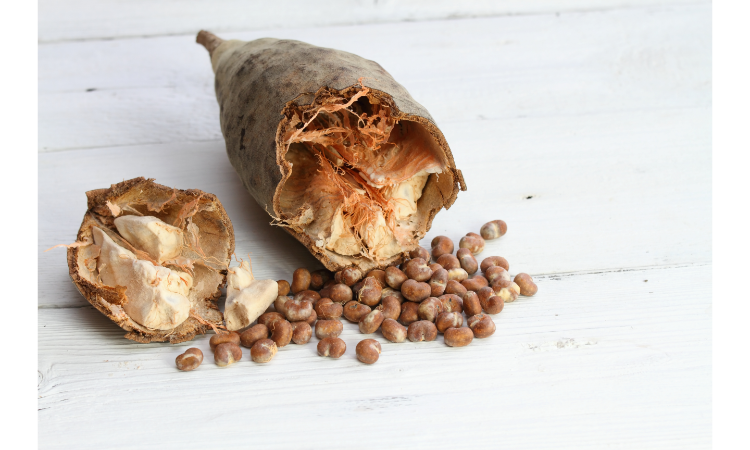
Baobab is native to the African continent and has been a staple in African diets for centuries. The baobab fruit, often referred to as the “Tree of Life,” is one of Africa’s most iconic and nutrient-dense foods. Its unique shape and appearance — a large, oval fruit with a hard outer shell and a pulp that dries naturally on the branch — make it distinct from many other fruits. The baobab fruit is a powerhouse of antioxidants. In fact, its pulp has been found to contain more antioxidants than many popular fruits like blueberries and goji berries.
Moringa

Moringa, often referred to as the “Drumstick tree” or “Miracle tree,” has garnered global attention in recent years for its myriad health benefits. Indigenous to parts of Africa and Asia, Moringa is a significant source of vitamins, minerals, and antioxidants. The Moringa tree, with its slender, long pods, tiny leaves, and fragrant flowers, offers a treasure trove of nutritional benefits.
Hibiscus

Hibiscus, particularly the Hibiscus sabdariffa species commonly known as Roselle, is widely recognized and consumed in various parts of Africa. This vibrant flower not only adds a splash of color to gardens but also boasts an array of health benefits, particularly as a rich source of antioxidants. The Hibiscus plant, with its deep red petals and sharp calyx, is not only aesthetically pleasing but also a nutritional gem.
African Blue Basil
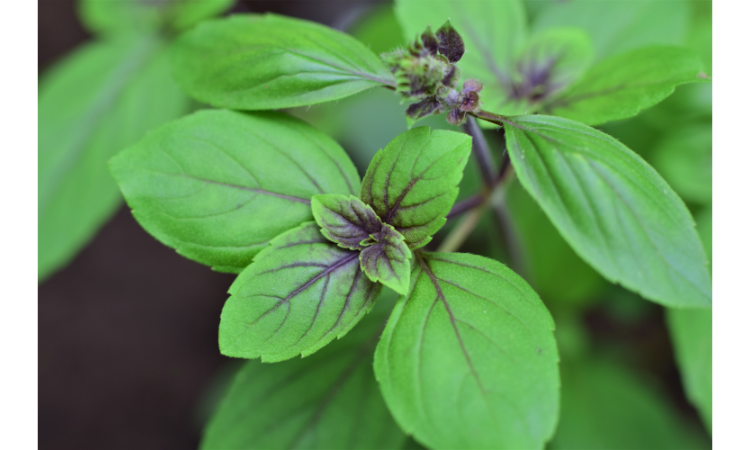
The African Blue Basil is a distinctive hybrid basil variety that originated in Africa. Not only is it visually captivating with its deep purple stems and green-purple veined leaves, but it’s also a nutritional powerhouse. Unlike its Mediterranean counterpart, the African Blue Basil is not only known for its culinary uses but also for its rich medicinal and nutritional profile.
African Bird Pepper
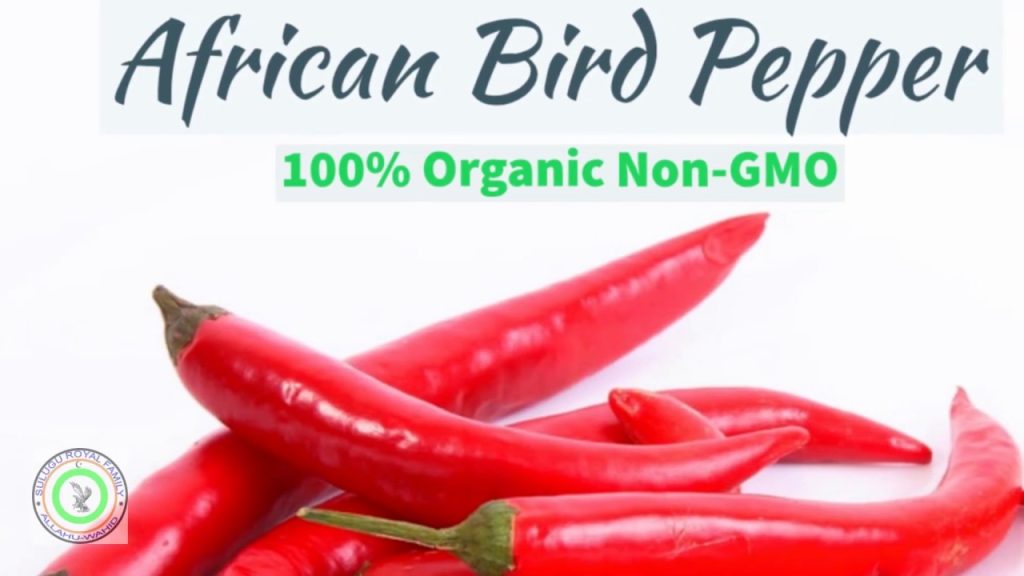
African Bird Pepper, also known as “Capsicum annuum” or “Piri Piri”, is a hot chili that’s indigenous to Central and West Africa. It has made its mark not only as a fiery spice in culinary dishes but also for its myriad health benefits, particularly its potent antioxidant properties. Distinguished by its small size, vibrant red color, and intense heat, the African Bird Pepper is more than just a spice—it’s a nutritional and medicinal marvel.
To further understand the nuances of African foods and their preparation, channels on African food YouTube provide an exhaustive insight into the culture and heritage of these foods.
Africa Improved Foods: Bridging Tradition and Modernity
Modern-day Africa is experiencing a revolution in the food sector. Organizations like Africa Improved Foods are working relentlessly to offer nutritious food products, optimizing traditional recipes and making them relevant to current health needs. Furthermore, endeavors are being made to address issues like African food deserts and improve accessibility to nutritious foods.
The Remarkable Benefits of Antioxidant Foods

Let’s delve deeper into some specific health benefits of consuming antioxidant-rich foods:
- For Arthritis: Oxidative stress can exacerbate inflammation in joints. Consuming antioxidant foods for arthritis can potentially reduce symptoms and improve joint health.
- For Kidney Health: The kidneys, being detoxifying organs, are prone to oxidative damage. Introducing antioxidant foods for kidneys can prove beneficial in maintaining their health.
- For Overall Vitality: Antioxidants combat free radicals, thus reducing the risk of chronic diseases and enhancing overall health. Those interested in a comprehensive read on this can explore antioxidants in food pdf for a detailed understanding.
The Rice Connection: Africa and Rice
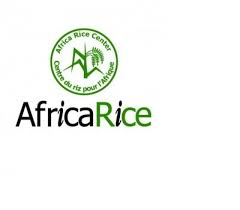
While discussing African foods, it’s hard to miss out on rice. Over the years, Africa and rice have forged an unbreakable bond. Rice dishes, often seasoned with antioxidant-rich spices and ingredients, form an integral part of the African culinary landscape. Initiatives like Africa 6000 are working towards promoting sustainable rice farming, ensuring that this staple remains accessible and nutritious.
Embracing the African Palate
The continent’s diverse culinary traditions offer a plethora of flavors, textures, and aromas. It’s a food journey that, once embarked upon, leaves an indelible mark on one’s culinary preferences. Here’s how to incorporate more of these antioxidant-rich treasures into your diet:
- Experiment with Spices: Many African spices are not just flavor enhancers but are also packed with antioxidants. Fenugreek, cumin, coriander, and cardamom are just a few examples.
- Savor Traditional Dishes: From Moroccan tagines to Nigerian jollof rice, the continent offers a range of dishes that are both tasty and healthful.
- Attend Cooking Workshops: There’s a burgeoning trend of African cooking classes that delve deep into traditional cooking methods. These workshops not only teach recipes but also share the stories and histories associated with them.
For those keen on diving deeper into the African culinary world, numerous African food YouTube channels showcase traditional recipes, techniques, and the stories behind them.
The Social Impact of Africa’s Culinary Traditions
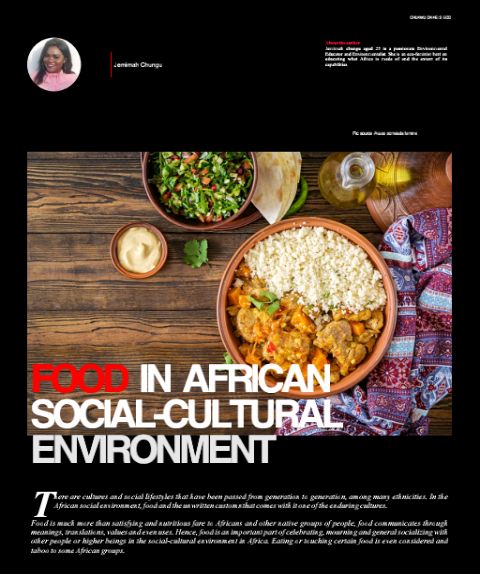
Beyond the health benefits, the resurgence of interest in African heritage foods is also having a profound socio-cultural impact. Communities are coming together to celebrate their food traditions, farmers are getting fair prices for indigenous crops, and there’s a newfound pride in the culinary heritage that’s getting global recognition. As the world wakes up to the treasures that the African continent offers, there’s an increased responsibility to preserve these traditions. Sustainable farming, ethical sourcing, and fair trade practices are crucial. After all, it’s not just about savoring the flavors but also ensuring that they remain for generations to come.
The efforts by organizations like Africa Improved Foods and initiatives such as Africa 6000 are commendable steps in this direction. By promoting sustainable practices and focusing on community upliftment, they ensure that the African culinary narrative continues to flourish.
Meals as Communal Rituals
In many African societies, mealtime is a communal affair. Families gather around a shared plate, often seated on the ground, partaking in the act of eating together. This tradition underscores the importance of unity, sharing, and togetherness. Each bite is not just about savoring the taste but also about strengthening the bond with those around you.
This sentiment resonates profoundly when one observes the traditional Ethiopian ‘injera’ ceremony or the West African ritual of sharing a pot of simmering ‘soupou kandja’.
Concluding Thoughts
Antioxidant-rich foods in Africa represent a harmonious blend of taste and health. These foods, reminiscent of the rich African heritage, are not just a treat for the palate but also a boon for well-being.
Modern initiatives aimed at food improvement are ensuring that this heritage is not only preserved but also optimized for the current generation. It’s essential to embrace these antioxidant powerhouses in our diets and appreciate the health benefits they bring along.
So, next time you think of antioxidants, remember that the African continent offers a treasure trove of these health-boosting ingredients, a testament to its rich culinary heritage and timeless traditions.











